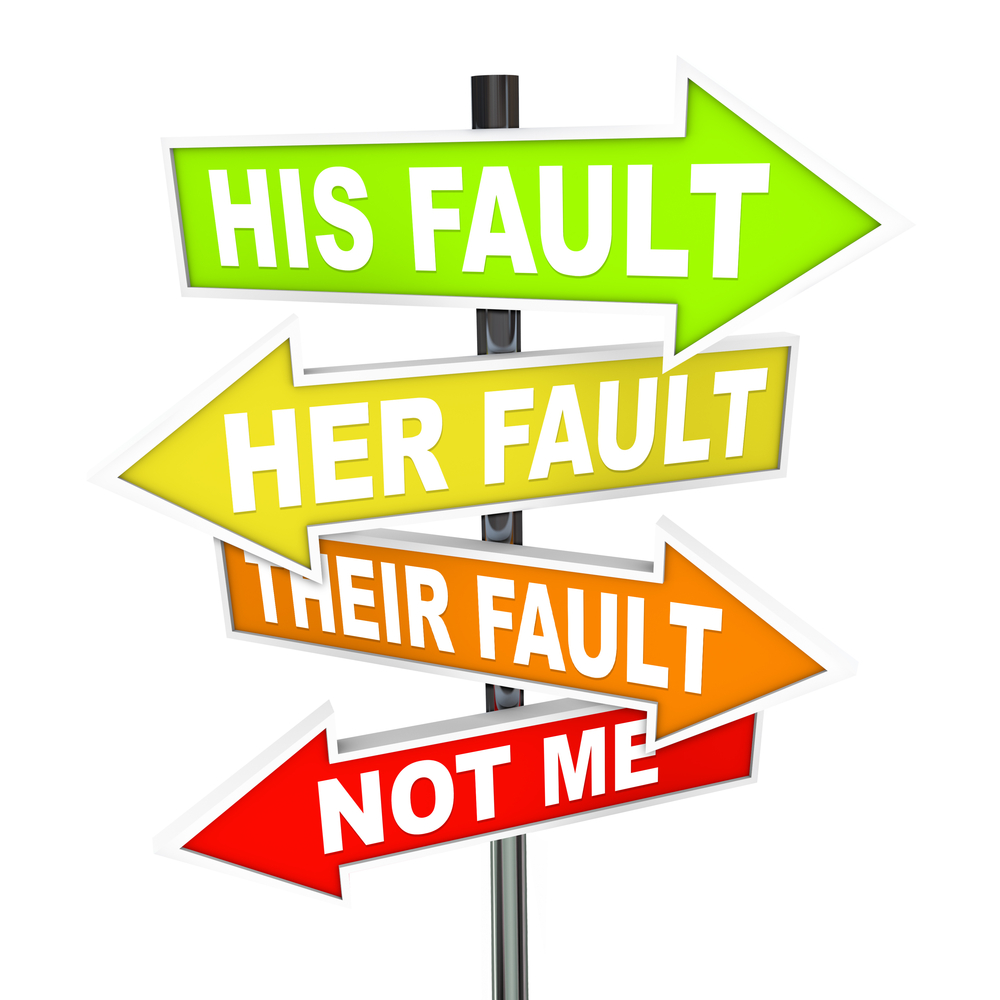The Nonparty Fabre Defendant
I want to discuss the concept of a “Fabre defendant.” This is an important concept in negligence cases, particularly personal injury and property damage cases. “A ‘Fabre defendant’ is a nonparty defendant whom a party defendant asserts is wholly of partially responsible for the negligence alleged [by the plaintiff].” Salazar v. Helicopter Structural & Maintenance, Inc., 986 So.2d 620, n.1 (Fla.2d DCA 2007). As further explained in Florida Statute s. 768.81(3): (3) Apportionment of damages.--In a negligence action, the court shall enter judgment against each party liable on the basis of such party's percentage of fault and not on the basis of the...
Continue reading




